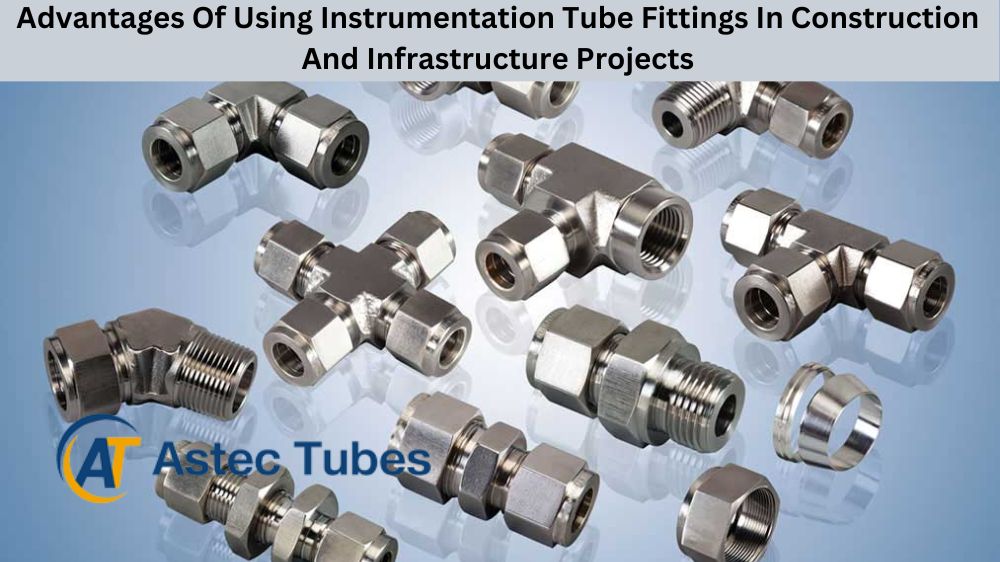Instrumentation tube fittings are one of the most significant components in industrial pipelines, as they play a crucial role in supporting the safe and efficient operation of various systems and equipment. They ensure smooth and uninterrupted fluid transfer, making them fundamental in construction and infrastructure projects. Read on to learn more about the advantages of using Instrumentation Tube Fittings in construction and infrastructure projects.
What Is Instrumentation Tube Fittings?
Instrumentation tube fittings are the pipe connectors used to join and seal tubing sections in a system for instrumentation and process control applications. They are designed for use in high-pressure systems with vacuum, positive pressure, or pulsating flow conditions. These fittings come in many shapes and sizes to accommodate any connection needed. They also provide reliable connections to withstand extreme temperatures, vibration, and corrosive fluids. Instrumentation tube fittings offer significant advantages over other types of pipe connections due to their ability to be easily assembled, even with tight tolerances.
Ease Of Installation
Instrumentation tube fittings are incredibly easy to install. They are designed to fit exactly and fasten securely without complex or specialized tools. This feature significantly hastens the time needed for installation and minimizes downtime, thereby increasing the efficiency of industrial operations.
Corrosion Resistance
Instrumentation tube fittings are generally made of corrosion-resistant materials, such as stainless steel, that ensure their longevity in harsh environments. This ability to resist corrosion ensures their effectiveness in fluid transfer, even in highly corrosive environments, and lowers maintenance costs in the longer term.
High Pressure And Temperature Resistance
These fittings are engineered to withstand high pressure and temperature levels and are effective in industrial-scale piping systems. They can handle the toughest operational environments, including extreme temperatures, pressure, and fluctuating loads. As such, they are suitable for most pipeline systems, including those used in the construction and infrastructure industries.
Leak-Tight Performance
One of the most significant advantages of instrumentation tube fittings is their leak-tight performance. In engineered piping systems, leakage is not just a significant problem that can reduce system efficiency but can also be hazardous when dealing with toxic or flammable fluids. Using professionally rated tube fittings for specific system operations ensures a secure connection and a leak-free transfer system.
Cost-Effective
Instrumentation tube fittings offer excellent value for their cost. They are an affordable solution to high-pressure pipe systems, as they reduce the time required for installation and the overall maintenance costs, making them a smart choice for construction and infrastructure projects.
Conclusion
In conclusion, the advantages of using instrumentation tube fittings in industrial pipelines, particularly in construction and infrastructure projects, cannot be overstated. They offer ease of installation, corrosion resistance, high-pressure and temperature resistance, leak-tight performance, and affordability. An added advantage is their compatibility with various fluids and gases, making them a versatile and reliable option in various settings. Overall, the benefits of instrumentation tube fittings contribute to the smooth and efficient operation of various industrial pipeline systems, making them essential in most construction and infrastructure projects.

